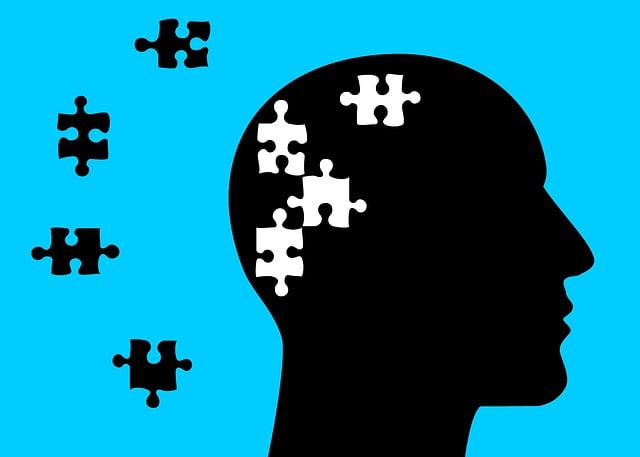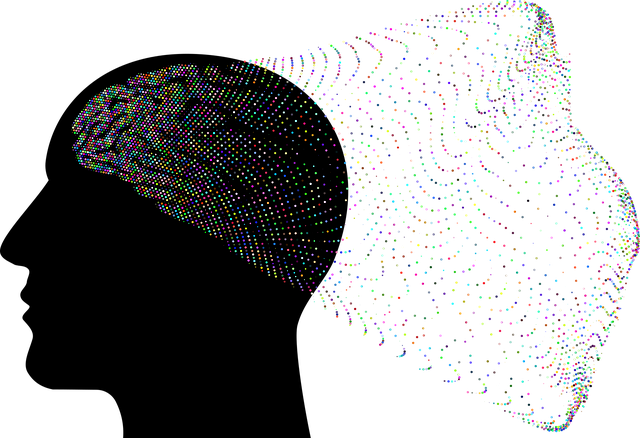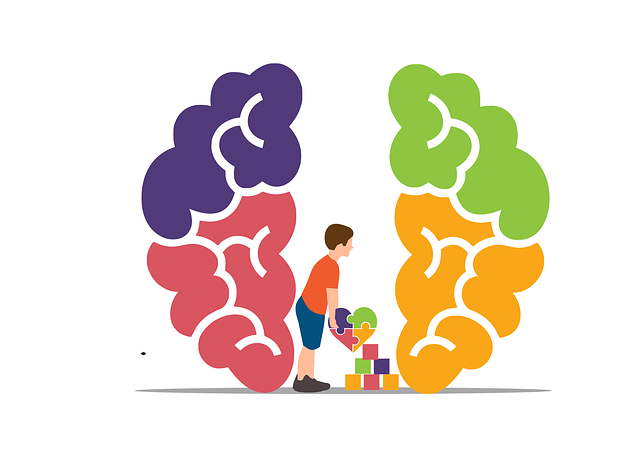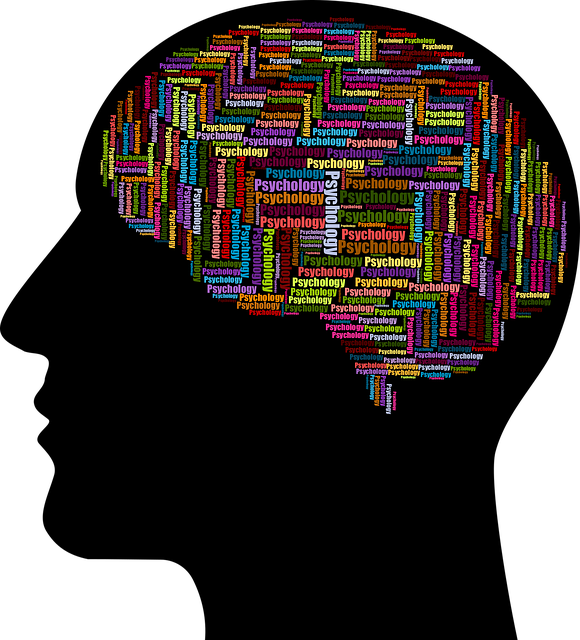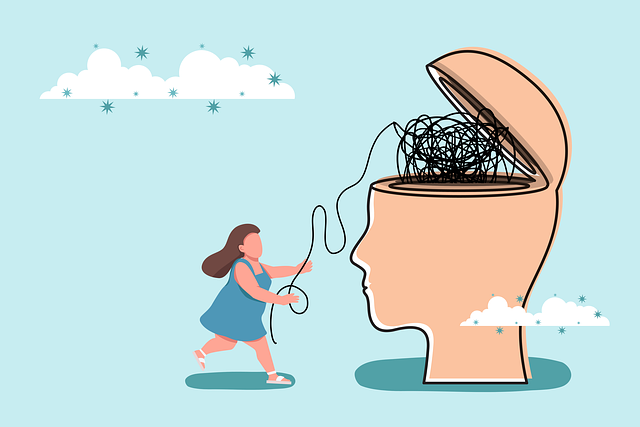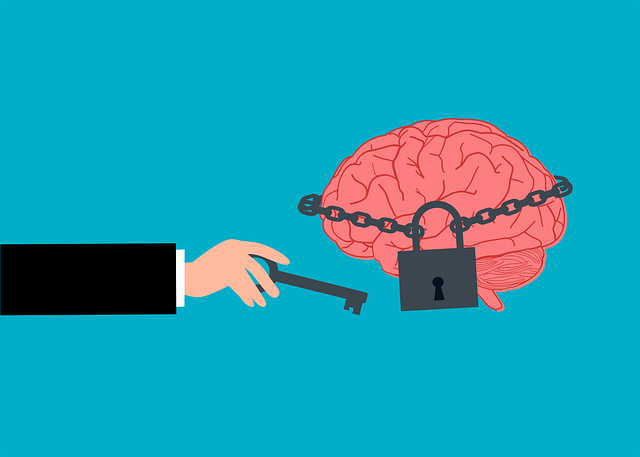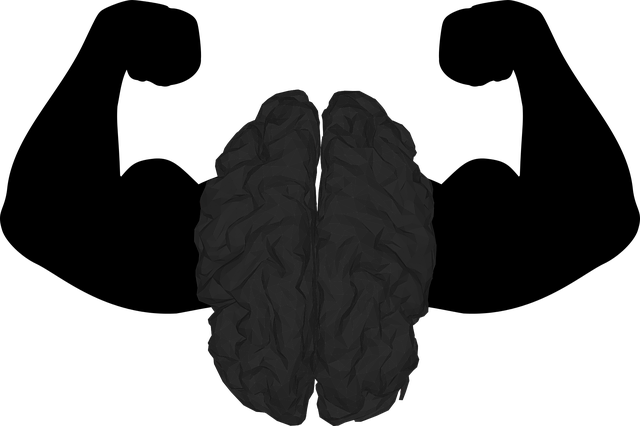Diagnosing mental health conditions in older adults is complicated due to unique presentations and co-occurring factors like age-related changes and workplace issues. To improve accuracy, healthcare professionals require specialized training, open conversations about mental wellness, accessible therapy tailored to elders' needs, and emotional intelligence training. The Mental Wellness Podcast Series raises awareness and offers valuable insights, coping strategies, and resources for seniors facing workplace issues and job stress. Tailored therapy focusing on these challenges is crucial for improving the well-being of elderly individuals, addressing depression, anxiety, loneliness, and social isolation.
Mental illness diagnosis accuracy among older adults remains a critical challenge, with nearly 1 in 4 Americans over 65 living with a mental health condition. This article delves into the complexities of diagnosing mental health issues in seniors, highlighting the impact of workplace and job stress on their well-being. We explore evidence-based strategies to enhance diagnosis accuracy, including advanced assessment methods, technology integration, and healthcare professional training. Additionally, we discuss tailored therapies and community support networks to address the unique mental health challenges faced by older adults with workplace issues and job stress.
- Understanding Mental Health Diagnosis in Older Adults
- – Prevalence of mental illness in the elderly population
- – Challenges in diagnosing mental health conditions in seniors
Understanding Mental Health Diagnosis in Older Adults

Diagnosing mental health conditions in older adults is a nuanced and complex process that requires careful consideration. As our population ages, understanding the unique presentation of mental illness in this demographic becomes increasingly vital. Many older adults may experience symptoms differently than younger individuals, often exhibiting subtle changes in mood, cognition, or behavior. This can make diagnosis challenging, especially when co-occurring conditions or age-related factors complicate matters. For instance, what might be perceived as normal signs of aging could actually be indicative of an underlying mental health struggle.
Efforts to enhance diagnosis accuracy include integrating specialized training for healthcare professionals, encouraging open conversations about mental wellness, and promoting accessible therapy options tailored to elders’ needs. Given the prevalence of workplace issues and job stress in older adults, incorporating emotional intelligence training and stress management techniques into their care plans can significantly improve overall mental health outcomes. Additionally, the Mental Wellness Podcast Series Production has played a pivotal role in raising awareness, offering valuable insights into various aspects of mental health, including coping strategies and available resources for seniors.
– Prevalence of mental illness in the elderly population

The elderly population faces unique challenges when it comes to mental health, with a significant rise in the prevalence of mental illness among this demographic. According to recent studies, depression and anxiety disorders are more prevalent among older adults compared to younger generations, often stemming from various factors such as loneliness, social isolation, and chronic health conditions. Recognizing these trends is crucial for improving healthcare systems and implementing effective interventions.
One of the key areas of focus should be on providing tailored therapy for elders, addressing specific workplace issues, and managing job stress that can contribute to mental health deterioration. Stress reduction methods, empathy-building strategies, and crisis intervention guidance are essential tools to empower both caregivers and the elderly themselves. By integrating these approaches into care plans, we can significantly enhance their overall well-being.
– Challenges in diagnosing mental health conditions in seniors

Diagnosing mental health conditions in seniors presents unique challenges due to the complex interplay of age-related factors and comorbidities. As our population ages, it’s crucial to recognize that symptoms can manifest differently in older adults, often leading to misdiagnosis or delayed treatment. Traditional assessment methods may not capture the nuanced presentation of disorders like depression or anxiety, which can be obscured by chronic health issues or medication side effects. For instance, what appears as cognitive impairment might actually be a sign of untreated depression or an anxiety disorder.
Efforts to improve diagnosis accuracy include integrating mental wellness journaling and exercise guidance into senior care routines. These strategies promote self-reflection and communication about subtle changes in mood and behavior. Additionally, social skills training can help identify and address issues related to isolation and loneliness, which are risk factors for many mental health conditions. Targeted interventions that consider the unique needs of seniors, coupled with increased awareness among healthcare professionals regarding age-related presentation differences, can significantly enhance diagnosis accuracy, leading to more effective therapy for elders grappling with workplace issues and job stress, as well as other mental health challenges.
Accurately diagnosing mental health conditions in older adults is paramount, given the increasing prevalence of mental illness among this demographic. Challenges such as comorbid physical conditions and cognitive changes can complicate the process. However, efforts to enhance diagnosis accuracy, including improved training for healthcare professionals on recognizing symptoms specific to seniors, are crucial. By addressing workplace issues and job stress—common concerns that can contribute to mental health deterioration in elders—we can further improve diagnosis and treatment outcomes. Through these efforts, we move closer to ensuring quality mental health care tailored to the unique needs of older adults.
